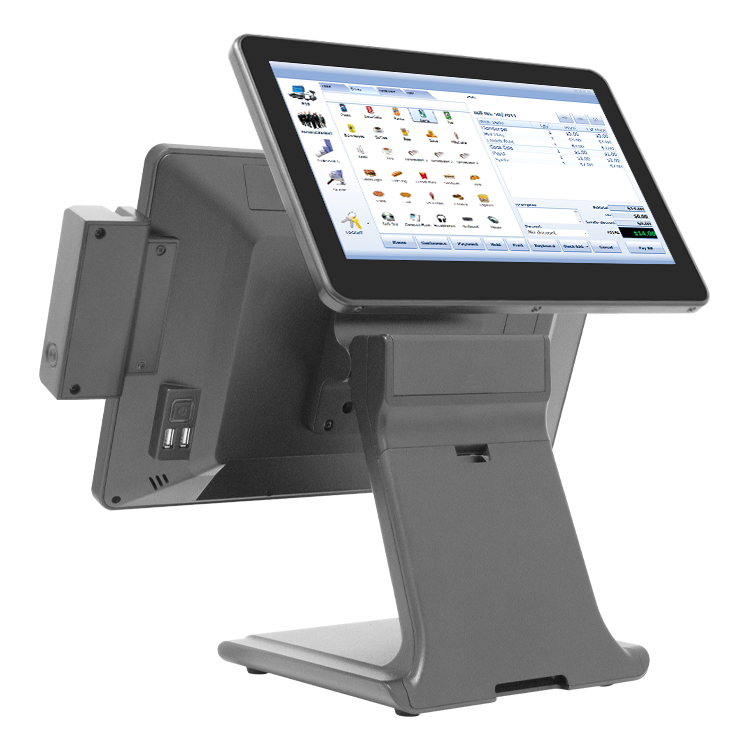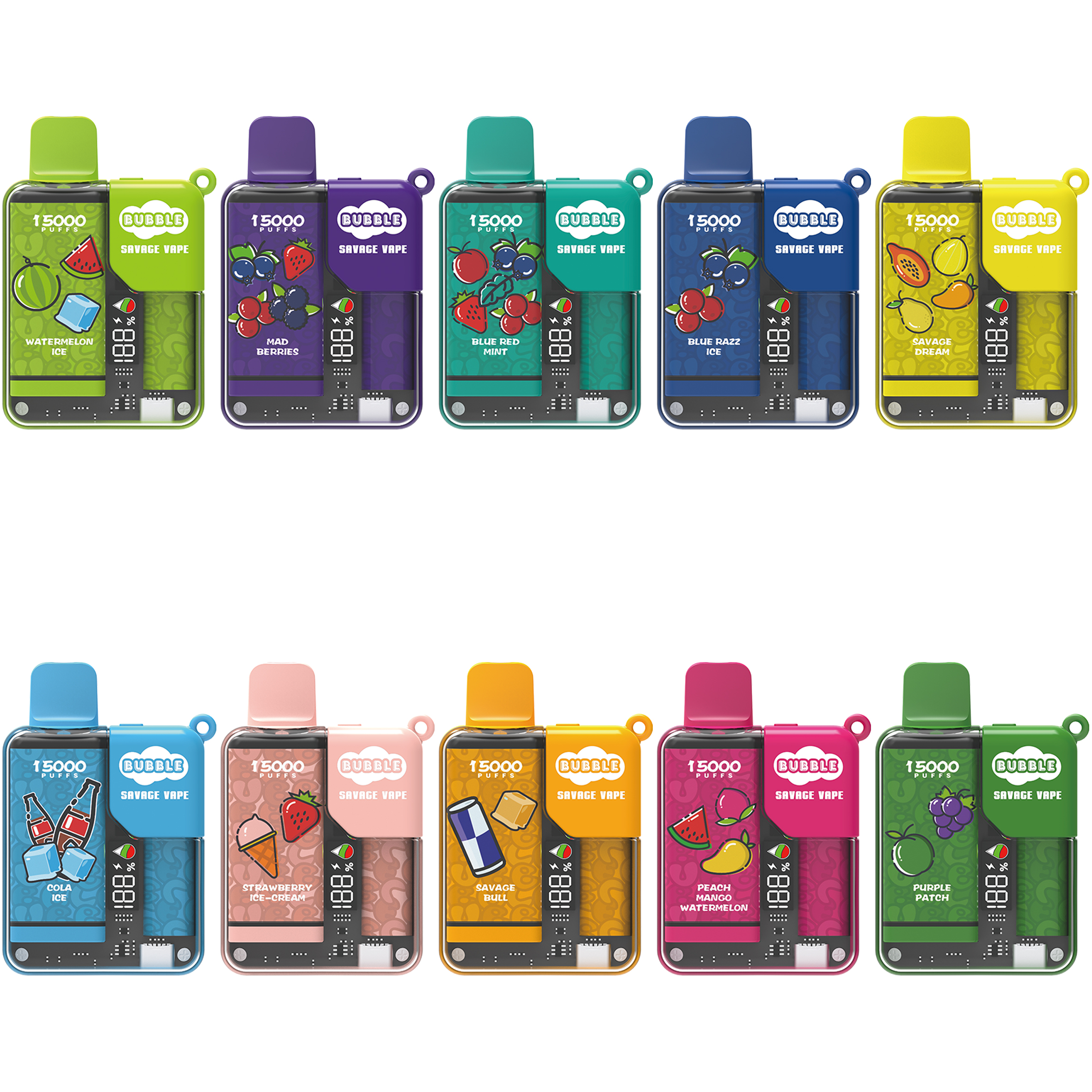Instrumental Tags
Songs can have instrumental sections which can be prompted the same as [Verse” target=_blank> and [Chorus” target=_blank>, but without lyrics the landmarks aren¡¯t as clear.In today’s market background, ai song generator , ai music generator, song ai maker, music ai maker,music ai, song ai Still maintain a strong sales data, and constantly beat the competitors in front of us. https://music-ai-generator.com
An instrumental ¡®break¡¯ can replace a verse standing as its own section, or might be a short bridge in the music. These seem to work best when only one is used at a time, but adding commas inside the prompt may work. Experiment!
Prompt examples include:
[Break” target=_blank>
[Instrumental Interlude” target=_blank>
[Melodic Bass” target=_blank>
[Percussion Break” target=_blank>
[Syncopated Bass” target=_blank>
[Fingerstyle Guitar Solo” target=_blank>
[Build” target=_blank>
[Bass Drop” target=_blank>
Stay in the genre
The genre is important! You may need to describe the instrument within the Style Prompt if you want to manipulate it with metatags.
A [Bass Drop” target=_blank> is a common feature of EDM-genre, but it makes no sense in an acoustic guitar solo.
A [Bluegrass Banjo Interlude” target=_blank> will be easier to conjure within a Country-genre song, but might not work at all within an Orchestral Symphony¡. Then again, it might work if a ¡®banjo¡¯ is added to the style prompt.
Experiment with ¡®instrumental lyrics¡¯
AI-Music will sometimes respond to un-singable text as a musical instrument. a few lines of punctuation-only might help to force a short instrumental solo.
Less reliable, and sometimes hilarious, try onomatopoeic words that mimic the sounds of the musical instruments. Often they are sung as lyrics, but sometimes trigger the intended instrument.





